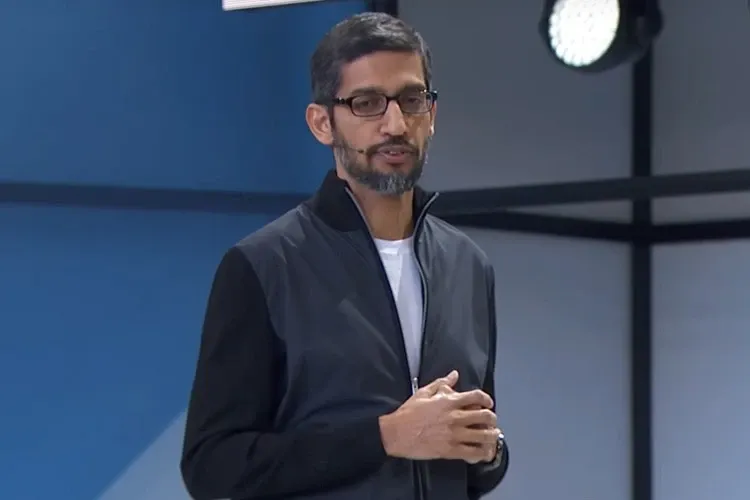Pichai Warns of Potential AI Bubble Risk
Google CEO Sundar Pichai warned of the risk of AI investment as valuations in the sector continue to soar.

Google CEO Sundar Pichai warned of the risk of AI investment as valuations in the sector continue to soar. He said that no company, including Alphabet itself, is going to be immune if the current boom fails.
Speaking to BBC News in an exclusive interview, Pichai said the current surge in AI funding marks an extraordinary moment for the industry, but warned there is also irrationality in the market. He compared the AI cycle to the dot-com era, stating that investment phases can overshoot even when the technology might be transformative. In Pichai’s view, there was clearly a lot of excess investment” in the early internet boom, but its long-term impact was profound. He predicted AI would follow a similar trajectory.
His comments come as Google parent Alphabet’s valuation crossed $3 trillion in September, while Nvidia hit a record $5 trillion last month. However, he argued Alphabet is better positioned than rivals to absorb turbulence due to its integrated “full stack” spanning chips, data sources like YouTube, and frontier science. The company is also boosting its UK presence, having pledged £5 billion for AI infrastructure in the country earlier this year.
Pichai revealed Google is pushing to start training its AI models in the country for the first time, emphasising it is committed to investing in the UK in a pretty significant way. In addition, the CEO cautioned that AI is dramatically increasing demand for energy in a way that the current systems can’t fully cope with. He admitted rising power requirements have slowed Alphabet’s progress toward its 2030 net-zero target, although the company still expects to meet it through investing in new clean energy technologies. “This doesn’t need to be a zero-sum game,” he said.
Pichai also urged users not to rely overtly on AI systems, stressing they are prone to some errors. “The information ecosystem has to be much richer than just having AI technology being the sole product,” he noted, urging users to use AI alongside other tools. “This is why people also use Google search, and we have other products which are more grounded in providing direct information right now.”